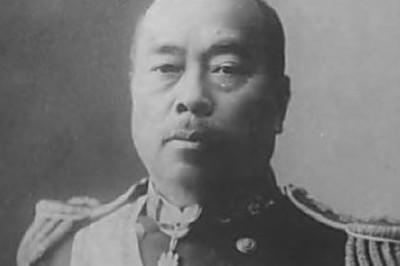
1,798
views
views
These are just a small sample of the words and phrases that came to us from the works of Shakespeare. These whimsical images were generated by TDBAI.com, part of the TDBComputing family.
1. "Green-eyed monster" - this phrase is often used to describe jealousy. It was first found in Shakespeare's "Othello" (Act 3, Scene 3).

2. "Wild goose chase" - now largely means a hopeless quest, but originally, it was a type of horse race. The phrase appeared for the first time in Shakespeare's "Romeo and Juliet" (Act 2, Scene 4).

3. "In a pickle" - this phrase means to be in a difficult position. Shakespeare used this term in "The Tempest" (Act 5, Scene 1).

4. "Heart of gold" - used for describing someone as being essentially good-hearted. This phrase has its origins in "Henry V" (Act 4, Scene 1).

5. "Break the ice" - now used as a phrase for getting to know strangers. Its earliest known usage is in "The Taming of the Shrew" (Act 1, Scene 2).

6. "The be-all and end-all" - this phrase means the whole thing, the whole purpose. It was first used in "Macbeth" (Act 1, Scene 7).

7. "Dead as a doornail" - used to indicate something is unequivocally dead. The phrase was used in "Henry VI, Part 2" (Act 4, Scene 10).

8. "Swagger" - this word means to conduct oneself in an arrogant or superciliously pompous manner. Shakespeare used it for the first time in "A Midsummer Night's Dream" (Act 3, Scene 1).

9. "Fashionable" - used to describe something or someone in style or in popular trend. The word was first mentioned in "Troilus and Cressida"(Act 3, Scene 3).

10. "Bedazzled" - used to describe something or someone that is strikingly impressive. It was first recorded in "The Taming of the Shrew" (Act 4, Scene 5).





















Comments
0 comment